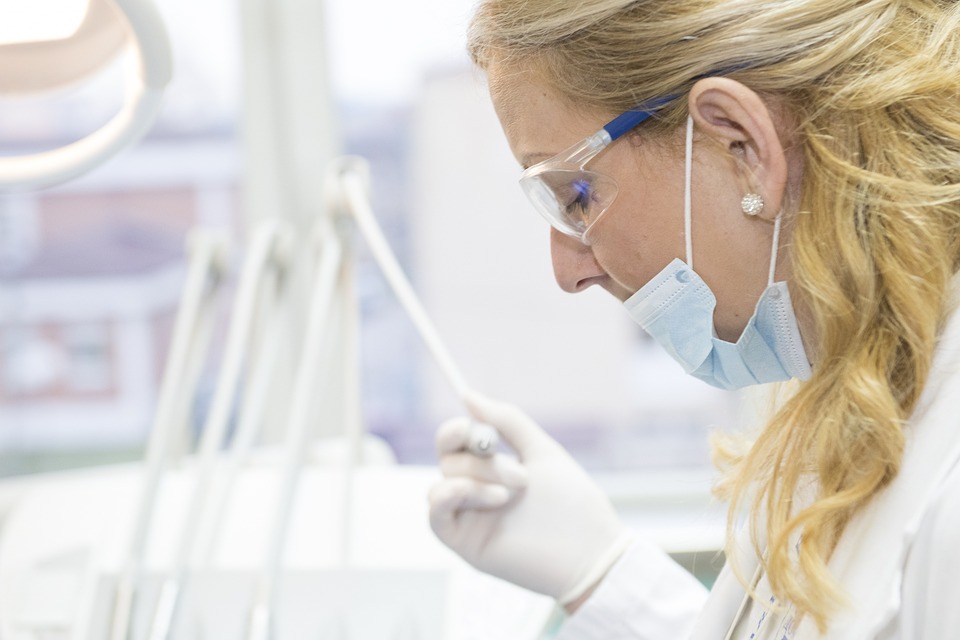
Stem cell treatment is an alternative medical approach for various health conditions. It involves using stem cells to prevent, treat, or manage different diseases. But before you consider stem cell treatment as a therapy option, here are six things to know about this approach.
Different types of stem cells have their own purposes
There are four types of stem cells, and each has a unique application in regenerative medicine. Embryonic stem cells and pluripotent stem cells, for example, are commonly used not for treatment purposes but for studying disease processes and testing new drugs. In contrast, tissue-specific and mesenchymal stem cells are adopted for therapy use.
Tissue-specific stem cells are known to differentiate into cells of the certain tissues, e.g., hematopoietic stem cells (HSCs) that act as the progenitor of the different blood cells of the body. These stem cells are supposed only to be used to treat health conditions affecting the tissues in which they are found.
Mesenchymal stem cells (MSCs) differ from other stem cells in that it gives rise to their kind of cells and a variety of body cells. They are used in regenerative medicine to treat various medical conditions. Mesenchymal stem cells can be used in stem cell treatment for strokes, spinal cord injury, Cron’s disease, arthritis, and other conditions. You can visit website for a further list of diseases and for more information.
Stem cells cannot treat multiple diseases at the same time
Although there is stem cell treatment for diabetes, Crohn's disease, fibromyalgia, and several other medical conditions, stem cells cannot be used to treat comorbidities at the same time. For example, you can't use stem cell treatment for diabetes as the same stem cell treatment for knee problems. One stem cell treatment cannot be used to treat two or more unrelated medical conditions due to different routes of administration of a cell-based product, depending on the disease, as well as different treatment programs that may involve additional therapies. Be careful when choosing a clinic for stem cell treatment, and be sure to visit an accredited stem cell therapy clinic that offers various stem cell treatments instead of just one.
An experimental treatment offered for sale is not the same as a clinical trial
Many alternative treatment approaches have not been subjected to clinical trials. So, although a procedure can be an experimental treatment, it doesn't mean it has been researched or placed in clinical trials. When clinical trials are done successfully, it leads to the development of new treatment procedures that conforms to health regulations. Before signing up for any medical treatment, verify that it has passed through clinical trials.
Cells from your own body are not automatically safe when used in treatments
Stem cell treatments procedures involve harvesting some stem cells from a part of your body, manipulating these cells in the lab, and then reintroducing them into your body. Normally, because doctors take these stem cells from your body, there shouldn't be any problem reintroducing them back into your body.
Some scenarios can make them unsafe. If the cells were contaminated before being injected into your body, it could lead to severe microbial infection. If doctors inappropriately manipulate the cells and unintentionally alter their functioning and growth, they could become tumor cells. Be aware of these risks; abstain from clinics that do not lessen the risks associated with stem cell treatments.
Patient testimonials and other marketing provided by clinics may be misleading
One of the ways clinics market their services is through patient testimonials. Although patient testimonials are great for reviewing feedback from people who have adopted a particular medical treatment, they can be misleading.
Some clinics promote all the benefits of their treatments while lessening the potential risks involved. Others offer unproven treatments and unreliable patient testimonials to convince people to opt-in for their services. You want to ensure that the treatment is science-based, approved for use after successful trials, and provided by an accredited clinic.
There is something to lose when you try an unproven treatment
Most unproven experimental treatments have no solid scientific evidence detailing their effectiveness and benefits. Subscribing to such unproven treatments places you at risk of complications resulting in short to long-term problems.
Asides from the health risks attached, the costs of these procedures can be enormous and might amount to waste as the procedure might be ineffective. If you believe the potential benefits outweigh the presented risks, discuss with your family and healthcare providers to assess the treatment before properly making your final decision.
Conclusion
Stem cell treatments are proven medical therapy for several health conditions. For managing selected diseases, stem cell-based therapy has been subjected to clinical trials successfully. However, not all clinics are accredited to provide this type of treatment. The best stem cell therapy center offers various treatment programs for different medical conditions, does not treat multiple diseases with the same option, and provides you with adequate information about the benefits and risks of stem cell treatment.